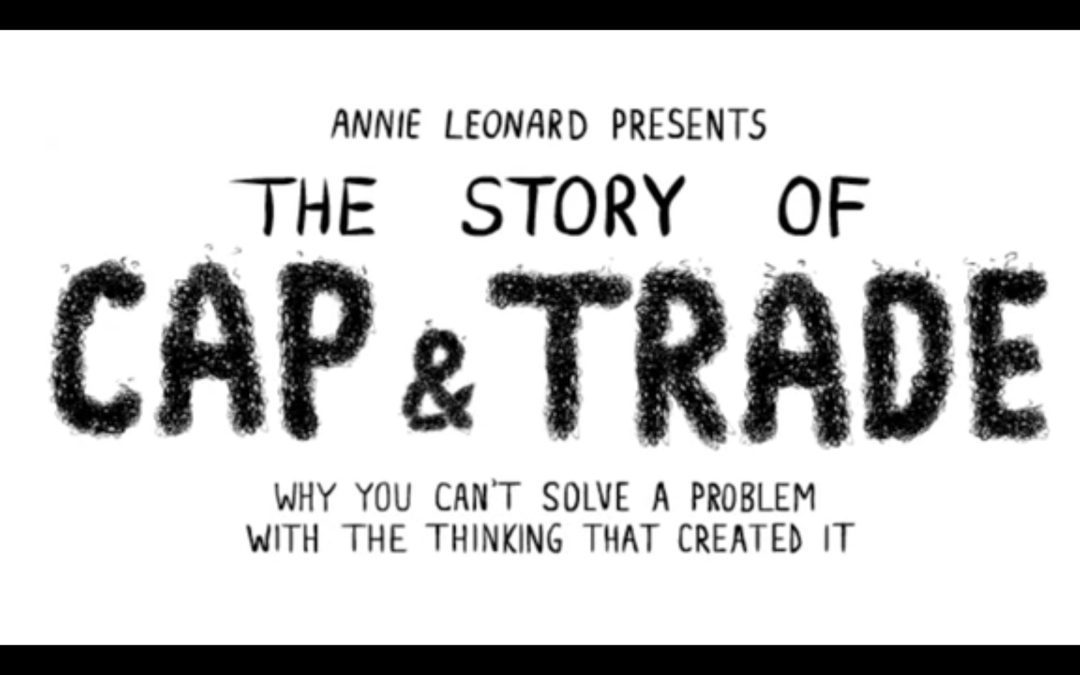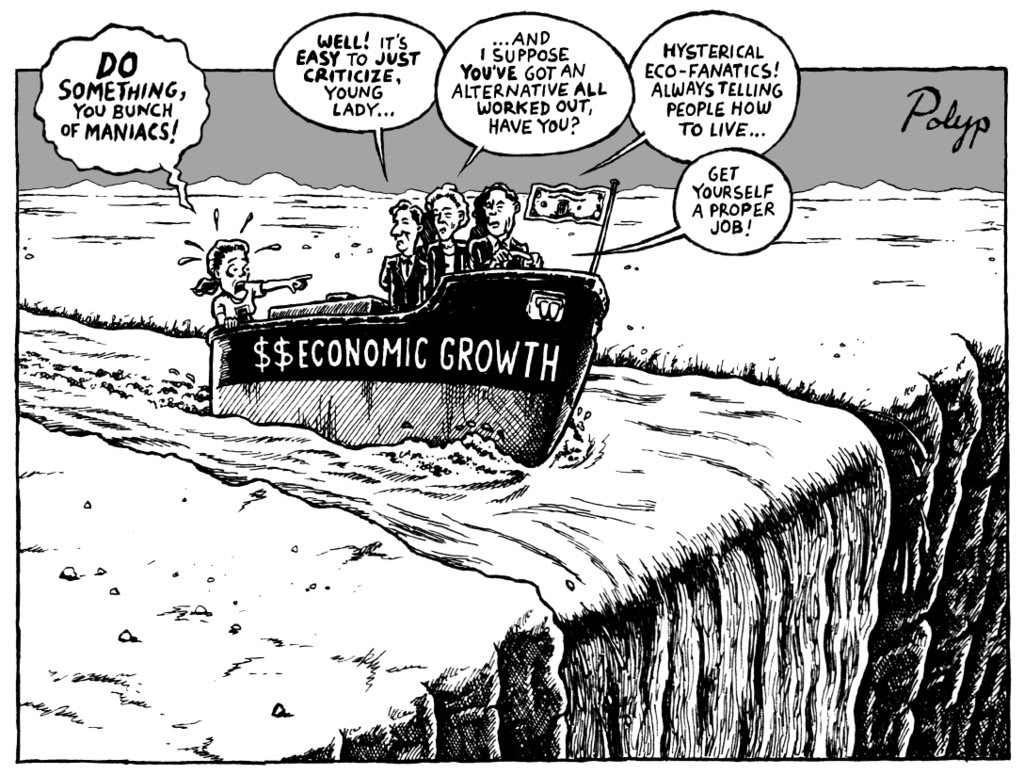
by Shaun Chamberlin | Dec 1, 2009 | All Posts, Climate Change, Politics, TEQs (Tradable Energy Quotas)
The Story of Cap & Trade is the second offering from the project that brought us The Story of Stuff. In this ten minute video, host Annie Leonard presents an excellent, clearly explained look at some of the devil in the detail of Cap &...

by Shaun Chamberlin | Aug 14, 2009 | All Posts, Climate Change, Cultural stories, Favourite posts, Peak Oil, Politics, TEQs (Tradable Energy Quotas)
As the evidence for the utter inapplicability of free market carbon trading to our climate emergency continues to pile up, interest continues to grow in the less PR-friendly alternative — the rationing of carbon-rated energy. Yesterday, the UK Government’s All...

by Shaun Chamberlin | Jun 4, 2009 | All Posts, Climate Change, Cultural stories, Favourite posts, Peak Oil, Politics, Reviews and recommendations, TEQs (Tradable Energy Quotas), The Transition Timeline, Transition Movement
It has been another crazy whirlwind of a month, with this weekend set to be the first in five which I get to spend in Transition Town Home, having spoken recently in Bungay, Glastonbury, Belsize Park and the Forest of Dean, as well at the Transition Conference (I hate...

by Shaun Chamberlin | May 12, 2009 | All Posts, Climate Change, Peak Oil, Politics, TEQs (Tradable Energy Quotas)
I was delighted to read this week that my recent article in Resurgence magazine has helped inspire Bill Wilson MSP to champion TEQs (Tradable Energy Quotas) in the ongoing debate on the Climate Change (Scotland) Bill. Speaking in the Scottish Parliament, Dr. Wilson...

by Shaun Chamberlin | Sep 27, 2008 | All Posts, Cultural stories, Favourite posts, Peak Oil, Politics, Reviews and recommendations, TEQs (Tradable Energy Quotas)
https://www.darkoptimism.org/wp-content/uploads/2008/09/Radio4.mp3 The “You and Yours” programme on BBC Radio 4 this week held a studio discussion on Peak Oil, with energy investment banker Matt Simmons, peak oil educator Richard Heinberg and the...






Recent Comments